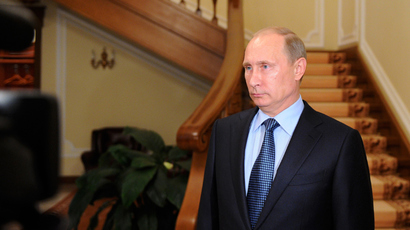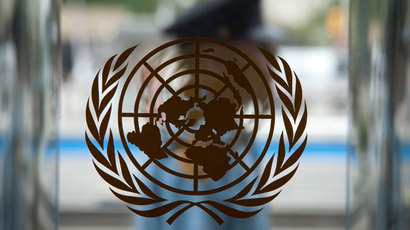Syrian govt and opposition ‘both guilty of war crimes’ – UN report
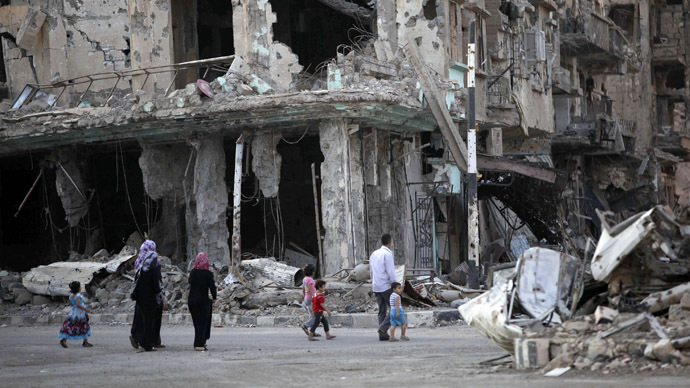
Both the Syrian rebels and government forces are guilty of multiple war crimes, including mass killings and torture, a UN report alleges. Investigators say perpetrators have committed crimes against humanity without any fear of accountability.
"The perpetrators of these violations and crimes, on all sides, act in defiance of international law. They do not fear accountability. Referral to justice is imperative," said the report by the UN commission of inquiry, which is led by Paulo Pinheiro of Brazil. The inquiry is based on 258 interviews and other evidence gathered in the month leading up to July 15.
The document says that both parties have carried out indiscriminate killings of civilians and need to be held responsible for their crimes. However, the inspectors state: “There is no military solution to this conflict.”
“Those who supply arms create but an illusion of victory. A political solution founded upon tenets of the Geneva communiqué is the only path to peace,” said the report, calling on international backers to stop sending weapons into Syria as “they will be used to commit serious violations of international law.”
The document gives evidence of a number of war crimes, including
massacre, torture, hostage-taking and unlawful detention.
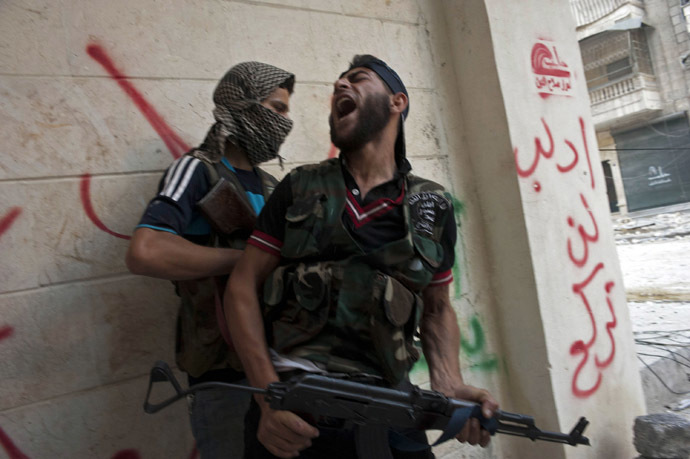
On the subject of chemical weapons, the inspectors said they had received numerous reports of such arms being used “predominantly by government forces.” Nevertheless, they write in the report that it is not possible to identify who is behind the attacks using the evidence currently available to them.
“On the evidence currently available, it was not possible to reach a finding about the chemical agents used, their delivery systems or the perpetrators. Investigations are ongoing.”
‘Conflict deadlock’
The UN report describes the conflict as being in a state of deadlock, with both sides seeking victory through military means. As a result of this hostilities have intensified, the UN report says.
“Government forces continue to control major cities and lines of communications, while anti-government armed groups reinforced their presence in large swathes of the northern and eastern governorates, and areas along the Jordanian border.”
In addition, the report draws attention to the increasingly extreme measures used by both opposition forces and government troops in the conflict – including the use of child soldiers in armed combat.
One rebel fighter explained to the inspectors that children were recruited because “they fight with enthusiasm; they are fearless.”
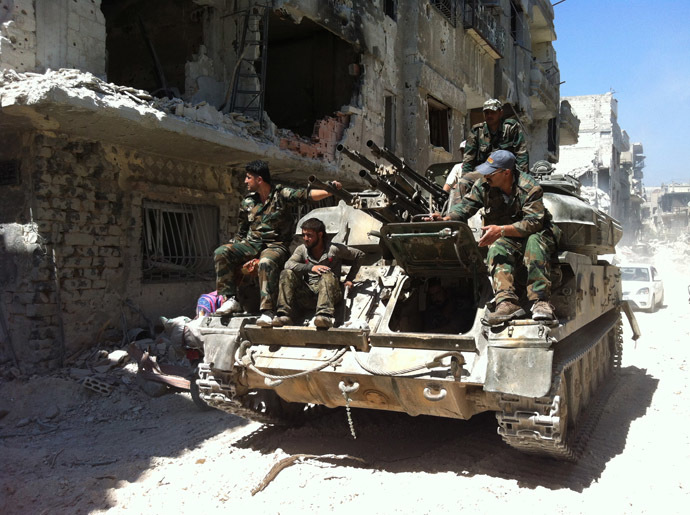
The UN inspectors also emphasized the fragmented nature of the Syrian opposition and how they have failed to unify around a single objective.
“The efforts of the Supreme Joint Military Command Council were undermined by its inability to centralize logistical support and to integrate existing command networks,” the report says, adding that discord between different groups has led to confrontations over areas and resources. Of particular concern to the UN is the growing influence of radical elements in the opposition, who outrank the “fractious” moderate forces.
On Tuesday, the Syrian government agreed with a Russian proposal to become signatories of the Chemical Weapons Convention, and handing over the government’s stockpile of chemical weapons to international supervisors.
US President Barack Obama, who blames the Assad government for an alleged chemical weapons attack in Ghouta on August 21, hailed the move as “encouraging” on Tuesday. Following the Syrian government’s decision, Obama postponed a vote in Congress to authorize the use of force “while we pursue this diplomatic path.”













